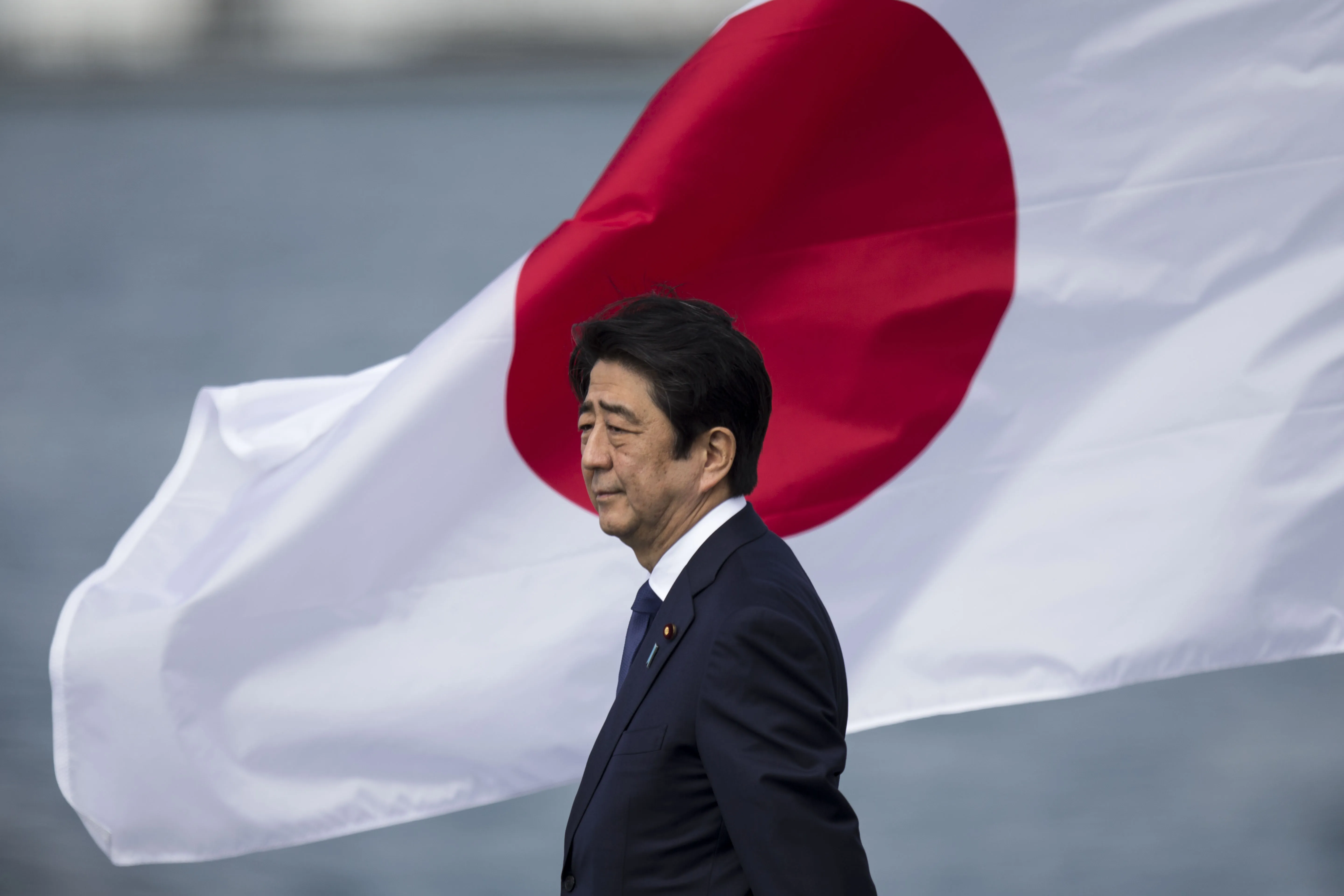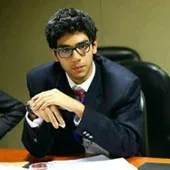-
CENTRES
Progammes & Centres
Location
As the leader who gave an impetus to forge closer ties between Japan and New Delhi, Shinzo Abe’s death comes as a blow for India.

As the votes came in, they confirmed what many had known. The LDP had triumphed in Japan’s Upper House elections and had paved the way to the great white whale of national politics: A revision of Japan’s pacifist post-war constitution. However, celebrations, if any, were muted. The death of former Prime Minister Shinzo Abe cast a heavy pall over the proceedings. Even as the slain leader’s body made its way back to Tokyo, observers at home and abroad began to speculate about the implications of Abe’s assassination for Japan and the world.
The LDP had triumphed in Japan’s Upper House elections and had paved the way to the great white whale of national politics: A revision of Japan’s pacifist post-war constitution.
For India, the passing of a leader who placed New Delhi at the heart of his Indo-Pacific Strategy is a blow. Whilst Abe’s predecessors sensed India’s enormous potential and moved to expand ties with New Delhi, Abe gave the bilateral relationship a framing and direction that continues to shape the relationship. His belief in the “Confluence of the Two Seas”, which bridged the Indian and the Pacific Oceans, broke down traditional conceptual boundaries between the two and paved the way for the rise of the all-encompassing “Indo-Pacific” as a strategic concept. By arguing that India and Japan had to shape this new Indo-Pacific by standing up for rules-based international order, democracy, and human rights, Abe gave bilateral ties a mission and a purpose. Added to this, his obvious connection with Prime Minister Modi gave an additional filip to the relationship. Between 2014 and 2020, both leaders worked to expand trade, bring in Japanese investment to India, revive the Quad and undertake a joint response to China. A once-limited bilateral relationship now covers supply chain security, critical technologies, space and cybersecurity collaboration, and military exercises.
Whilst Abe’s predecessors sensed India’s enormous potential and moved to expand ties with New Delhi, Abe gave the bilateral relationship a framing and direction that continues to shape the relationship.
To India, the foreign policy consensus that Abe left behind ensures that Japan will remain a major diplomatic and security partner. Before Abe, political divisions in Tokyo over the future of the alliance with the United States (US) and Japan’s response to the rise of China were rife. However, Abe’s rise brought a clear strategic vision to the fore. In his 2013 National Security Strategy, which remains the country’s guiding foreign policy document, Abe pushed for a closer relationship with democratic powers such as the US, Australia, and India even as he called for Japan to bolster its domestic defence capabilities. Even after he left office in 2020, the essential drivers of his foreign policy remained largely intact and are likely to remain so. As such, India’s position as a key Japanese partner is likely here to stay.
However, Abe’s absence will matter to New Delhi as Japan seeks to pivot away from its earlier focus on post-war pacifism. To begin with, it is now evident that revising Japan’s constitution has become a distinct possibility. The Constitution, written by the American occupation authorities after Japan’s defeat in World War II, sought to eliminate Tokyo as a threat to international security. For example, Article 9 in the Constitution explicitly renounces the right to “wage war as a sovereign right of the nation”. Whilst the same article also forbade the creation of land, sea and air forces, Japan’s politicians re-interpreted Article 9 and the Constitution in a move that remains controversial even today. Whilst there is still some doubt about what reform would entail, it may aim to end questions about the constitutionality of Japan’s armed forces and give the self-defence forces an explicit role in securing international security. Given Abe’s vision of making Japan a more “normal nation”, this is of interest to New Delhi. Such a reform effort would end questions about the military’s legitimacy and may make it easier for future Japanese leaders to expand military cooperation with regional powers like New Delhi.
It is at a time like this that Abe’s influence and experience will be missed. Any Constitutional reform proposal that attempts to do away with Japan’s postwar pacifism in favour of becoming a “normal nation” will prove deeply controversial. Prime Minister Fumio Kishida’s government will have to steer the legislation through a rancorous debate in both Houses before putting his case to a sceptical public. Should he baulk under such pressure and push a more moderate reform package, he is likely to run into the crosshairs of Japan’s right wing which sees this as an opportunity to redefine national politics. Abe’s unique ability to steer policy stemmed from his credibility with Japan’s conservatives and his willingness to put political capital on the line. With him gone, the movement for constitutional revision has lost its most recognisable leader. Without Abe’s tremendous political clout, some of the pressure on the Kishida administration to push revision through may also diminish.
Abe’s passing from the political scene will also impact the upcoming debates on defence and national security strategy that are of immense interest to New Delhi. Tokyo is in the process of rewriting Abe’s 2013 National Security Strategy even as the Kishida administration has committed itself to hiking Japan’s defence budget and playing a more active military role in the Indo-Pacific. This will help deter China and North Korea, bolster the defence of Taiwan and fund improvements in the militaries of Indo-Pacific nations that surround China. As prices rise and public discontent grows, a single question has become a centrepiece issue in Japanese politics: How will the government fund these defence increases? Having already rolled out large stimulus packages to help stimulate the economy in the aftermath of the COVID-19 pandemic and faced with a new economic crunch, financing Japan’s planned defence improvements will prove difficult.
Before his passing, Abe played a major role in this debate. Given that he controlled the largest faction in Japan’s ruling party and used that influence to push for an expansion in Japan’s defence capabilities, his death has further complicated a tricky domestic political situation. Prime Minister Kishida, once reputed to be a dove on matters of foreign policy, will have to wrangle with moderates, conservatives, reluctant coalition partners and combative bureaucrats in his quest to prepare Japan’s military for the future.
Tokyo is the poorer for Abe’s loss; as is New Delhi.
The views expressed above belong to the author(s). ORF research and analyses now available on Telegram! Click here to access our curated content — blogs, longforms and interviews.

Shashank Mattoo was a Junior Fellow with the ORFs Strategic Studies Program. His research focuses on North-East Asian security and foreign policy.
Read More +